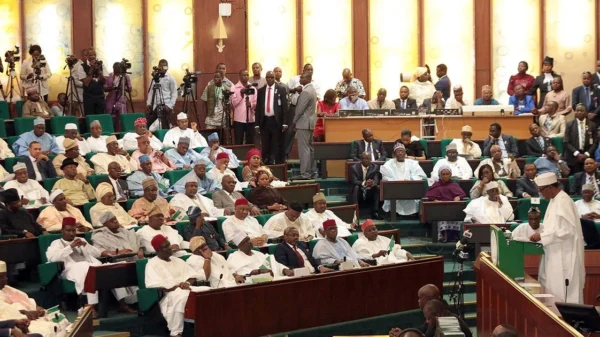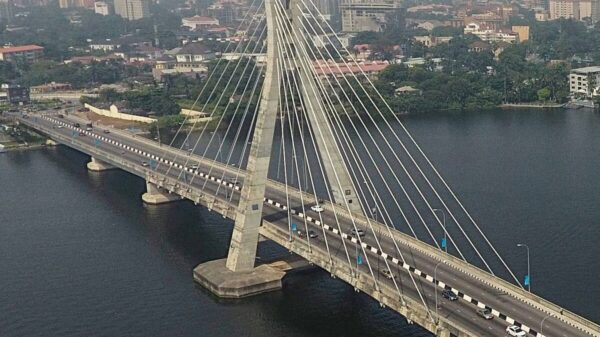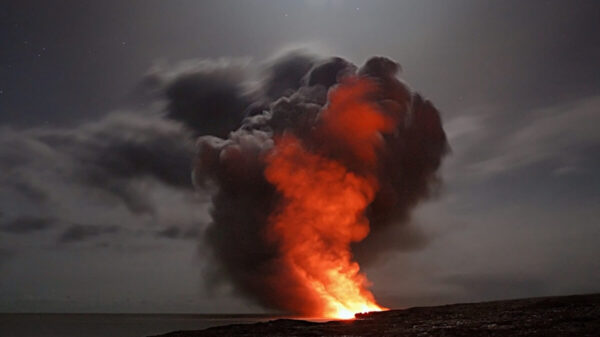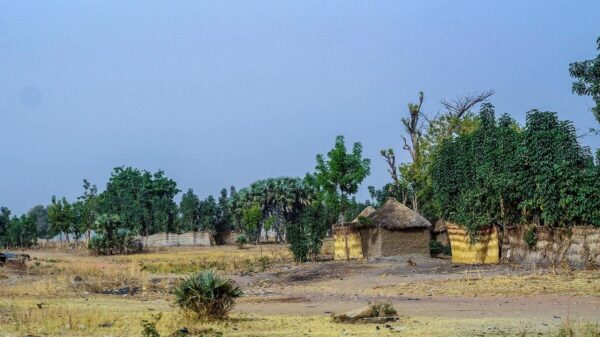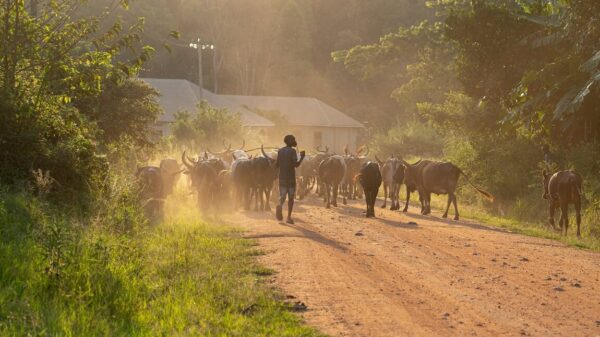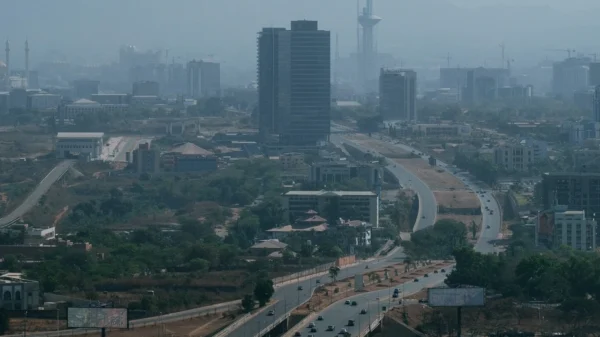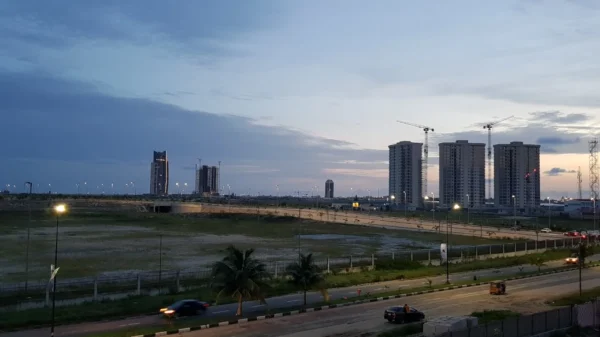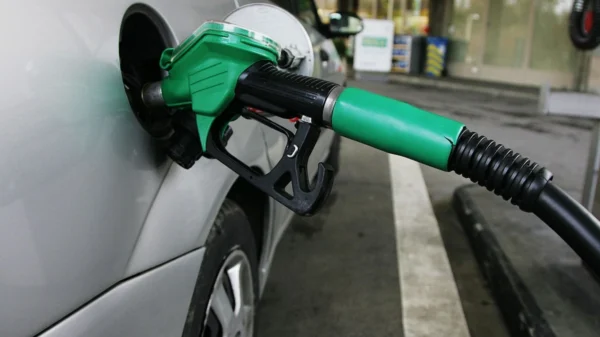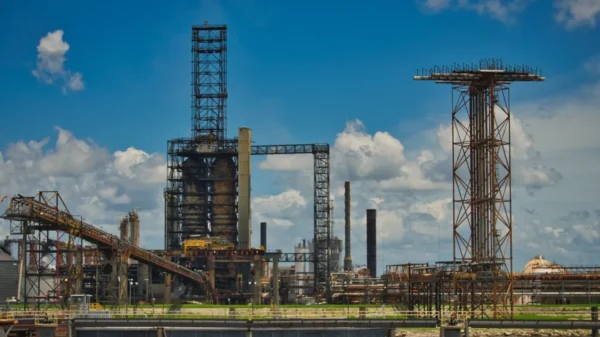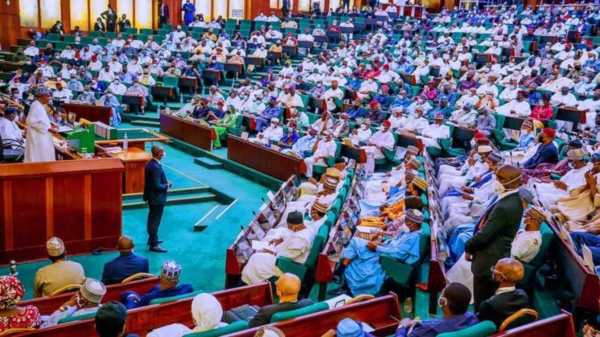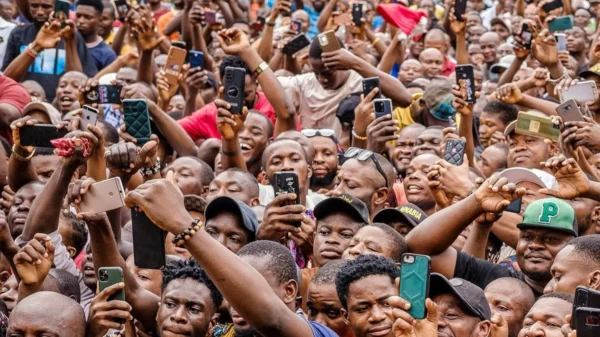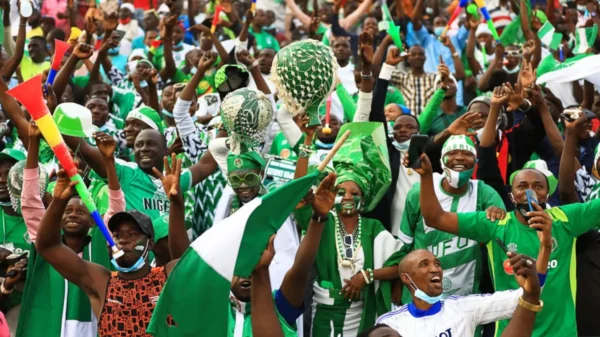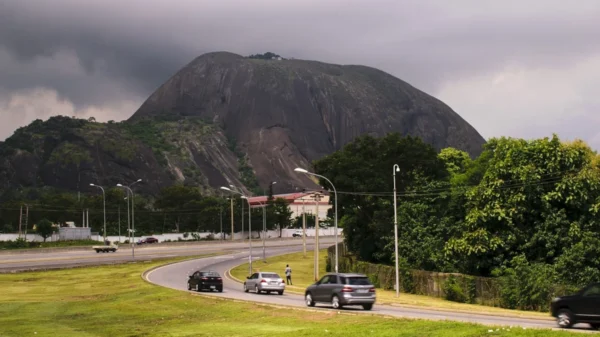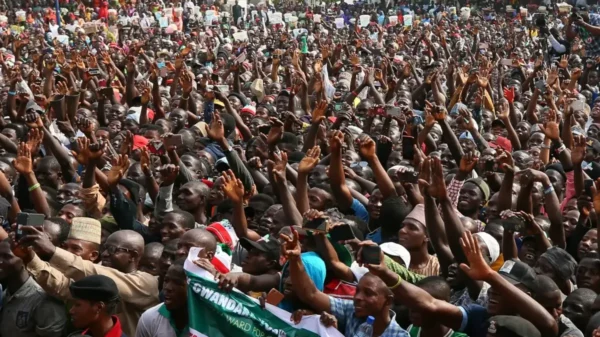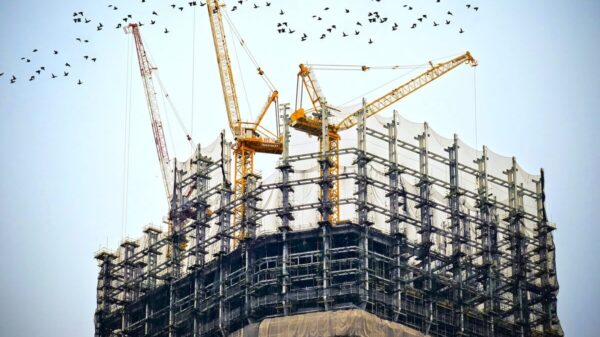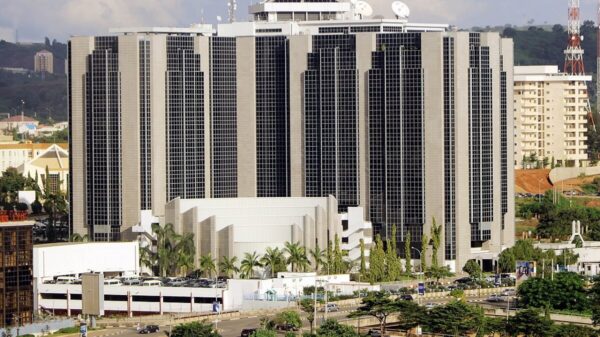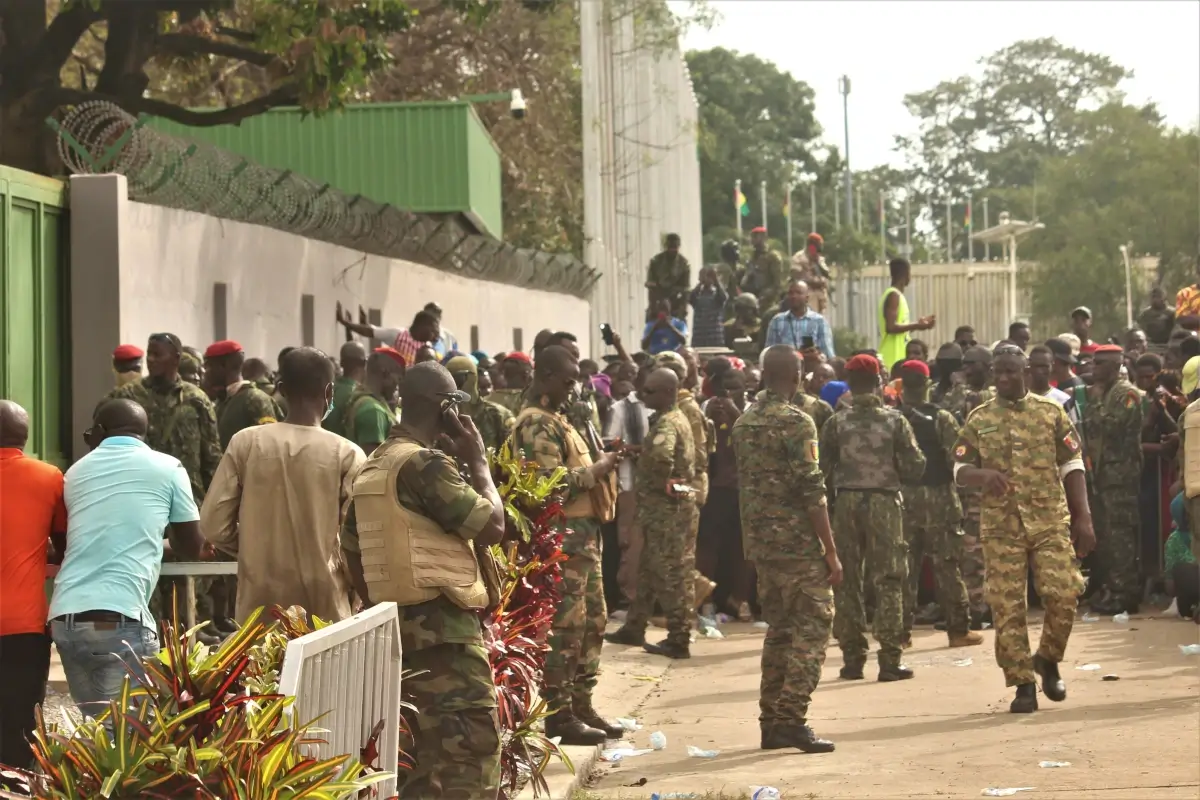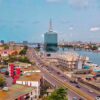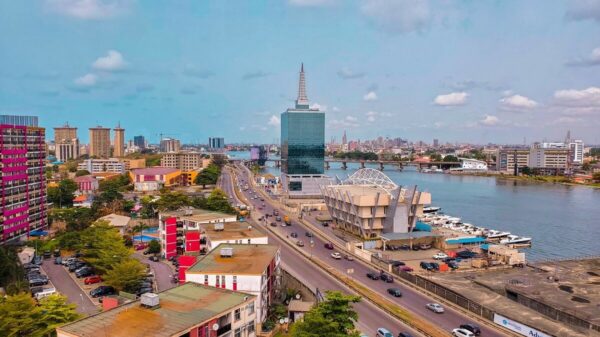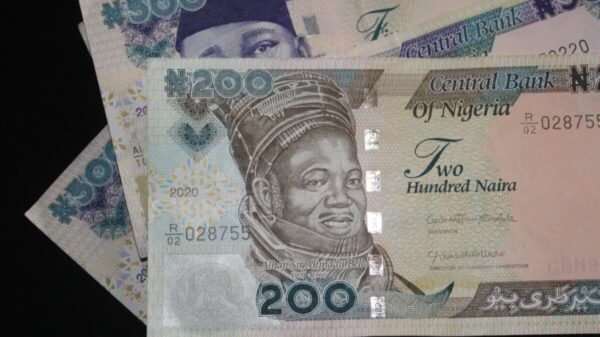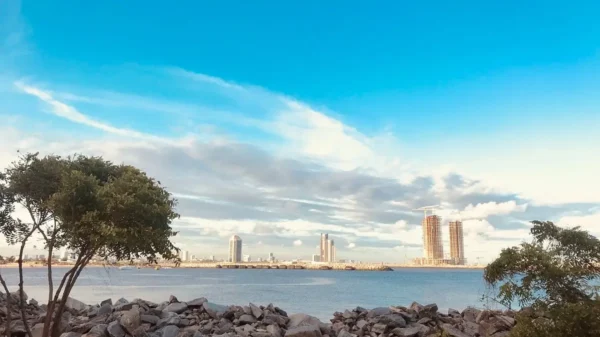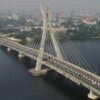Major Takeaways
- Since 2020, there have been 17 coups in the world, half of them occurred in West Africa.
- Severe and prolonged economic crisis, chronic instability under a multi-party system, and major defeat or long and unsuccessful war are three key factors that cause a coup.
- Two of these, severe and prolonged economic crisis, and a long and unsuccessful war, are risk factors in Nigeria.
- There are long-term measures that can be taken to reduce the likelihood of a coup
As countries go, Nigeria had a very rocky start. One plagued with coups, counter-coups, tribal rivalries, corruption, riots, and civil war. Nigeria was not unique, however. 47 African countries have gained independence since 1950, and in that same time frame, the continent has experienced over 200 coup attempts. 55% of those attempts were successful, as found in a 2011 study, and they affected over 90% of the continent.
Most of these coup attempts occurred before the turn of the century, with Nigeria experiencing none since. Between 1966 and 1993, the country suffered at least 8 coup attempts. But with the resurgence of coups in the past two years, is Nigeria at risk of reopening old wounds?
Since 2020, the world has seen at least 17 coups, half of which occurred in West Africa. In September 2022, Captain Ibrahim Traore of Burkina Faso removed President Paul-Henri Sandaogo Damiba from office—Damiba himself had come into power by a coup in January. Over in Guinea-Bissau, there was a failed coup attempt on the 1st of February 2022, that left 11 dead. 2021 featured even more coups from the region, with coups in Niger, Mali, Chad, and Guinea.
Image Source: Are military takeovers on the rise in Africa? – BBC News
Nigeria’s Bloody History
In January 1966, a group of mostly Igbo Nigerian officers, fed up with the corrupt proceedings surrounding Nigeria’s 1964-65 election and the chaos that ensued, staged a coup to eliminate corruption, suppress violence, and hold new elections. Though they were thwarted, Major General Johnson Aguiyi Ironsi took control of the country, before being deposed six months later by a group of Northern soldiers displeased with the deaths of their major leaders in the January coup. General Murtala Muhammed, who had led the July 1966 counter-coup, assumed power after another coup in 1975 that removed the incumbent head of state, Yakubu Gowon. He ruled for just 7 months before being killed in a failed coup hoping to restore Gowon.
The country’s second republic was also cut short by a coup in 1983, again accused of rampant corruption. Another coup in 1985—the government, this time, accused of being rigid and uncompromising. Another attempt to restore democracy lasted only 3 months before being foiled in 1993 by General Sani Abacha. He promised to restore democracy, only to sign a decree issuing himself absolute power.
How high is Nigeria’s risk of a coup?
“…coups are quite unpredictable… Almost by definition, they are mortal enemies of orderly hypotheses and concepts: how does one account scientifically for the political ambitions of a few strategically well-placed individuals?”
Edward Luttwak, Coup d’etat: A Practical Handbook
In Coup d’etat: A Practical Handbook (a book which has inspired multiple coups and helped to prevent perhaps more), Edward Luttwak highlights 3 factors that may increase the likelihood of a coup.
- Severe and prolonged economic crisis with large-scale unemployment or runaway inflation.
- A long and unsuccessful war or a major defeat, whether military or diplomatic.
- Chronic instability under a multi-party system.
Image Source: Nigeria Inflation Rate – September 2022 Data – 1996-2021 Historical – October Forecast
While on paper, Nigeria is recording a slight economic recovery in 2022, prices of everyday commodities are steadily rising. Nigerian inflation is at a 17-year high and as many as 40% of the population live below the national poverty line of around 137,000 naira per year. Additionally, 2021 saw an unemployment rate of 33%, with youth unemployment potentially as high as 50%. Given the high cost of elections, political participation is limited to the elite and corrupt. Passionate people looking to make a change are likely to find more success via a coup than by working their way up the political ladder.
There is a festering insecurity problem in the country, and it has proved itself immune to regime changes. Nigeria is still not rid of the Jihadist insurgencies plaguing it and its neighbors, though the influence of said groups have reduced due to their fracturing and rivalry. The Biafran separatist movement has seen a rebirth in recent years, and there has been increasing violence in the South attributed to Fulani Herdsmen. Kidnappings have risen too. Between July 2021 and June 2022, about 3500 Nigerians were abducted, with about 653.7 million naira paid as ransom. Perhaps some think themselves capable of solving these problems, and might feel that a coup offers them the best possibilities to. However, many of these conflicts have ethnic undertones, posing a problem to the unity of the country. Should a coup disrupt the current order of things, the identity of the plotters would likely determine how events would play out.
So far, in the Fourth Republic, we have witnessed peaceful transitions of power. One thing that crippled the First Republic was the nature of its political parties. The major players were the Northern Peoples’ Congress (NPC), National Council of Nigerian Citizens (NCNC), and the Action Group (AG), each representing the North, East, and West respectively. This meant that when the NPC won the 1964-65 elections, people from the other two main ethnic groups in the country did not feel represented. This problem, where the political parties are divided based on ethnicity rather than ideology, was present in the Second Republic as well. Since 1999, however, the political parties have made efforts to prevent this. This has led to the controversial practice of presidential zoning, where political parties split their presidential and vice-presidential candidates between the north and south of the country and alternate the presidency between both regions for each election cycle. In this regard, at least, the third factor for a coup does not come into play.
So, how likely are we to experience a coup in the coming months?
Nigeria has historically been a melting pot of issues, most of which are capable of causing coups. Some of these factors, like our economic instability and ethnic strife, continue while others like the political instability have seemingly been quelled. Given that the Jihadist insurgencies in the country have been present for some 13 years, without a military takeover at their height, it’s unlikely that a coup would result from them (like in neighbouring Niger and Mali). As for the economy, many attribute the present situation to the current administration, with hopes that the next may provide some relief. This, in conjunction with the third factor discussed, makes the 2023 elections a crucial time for the country. So long as the current president does not seek to extend his rule or that of his party should they fail to win the election, the chances of a coup in the current political climate are low to moderate at best.
While we may ponder and discuss the chances, ultimately, coups are unpredictable. Nothing may accurately predict the ambition of those imbued with power. However, countries may prepare against them with long-term anti-coup measures that would reduce, if not eliminate, the possibility of coups.
Farook is a data scientist and writer passionate about generating insights to Nigerian issues.


